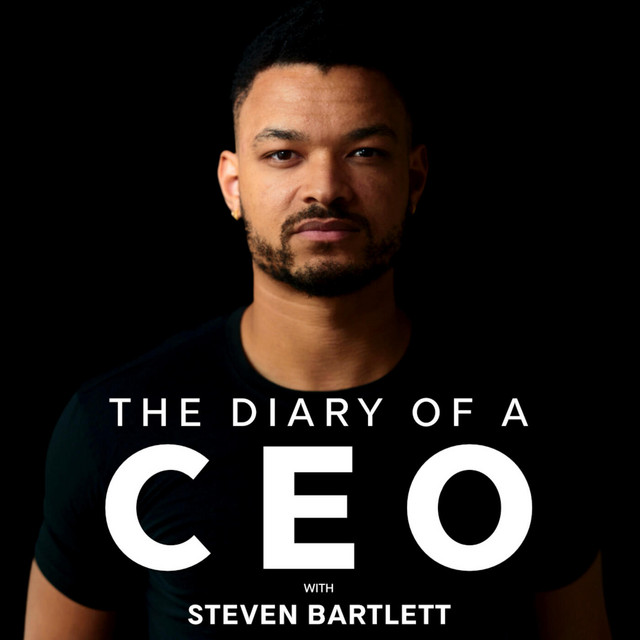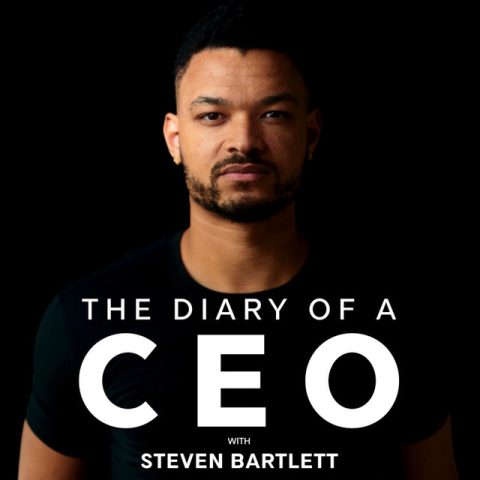The highly successful and impactful podcast ‘The Diary of a CEO’ which was created by Social Chain founder Steven Bartlett was continuing to make an impact this week, but not for the usual reasons.
Barlett has found his podcast in trouble with the Advertising Standards Authority for avoidable practices regarding the promotion of a product, and Head of Sport Social – Jim Salveson – has shared his thoughts on the matter and how you can avoid your podcast having similar difficulties in future.
Walking the tight-rope of Podcast Advertising – The Diary of a CEO case

Podcasting is often described as the Wild West of audio; a new frontier where laws can be made up on the hoof and enforcement (such as copywrite infringement) is sporadic at best.
Although this can be still the case as the relative infancy of podcasting as an industry does mean that rules and regulations can often be more reactive than proactive – things are slowly starting to change.
A recent victim of these “new” rules is Steven Bartlett who’s hit podcast “Diary of a CEO” has recently had a complaint upheld against it for failing to make clear that a promotional section of the podcast wasn’t clearly defined as an advert to the listener.
The complaint related to an advertisement for a food supplement called Huel and, despite Huel/Bartlett’s defense that no money exchanged hands for the promotion, it was upheld by the Advertising Standards Authority:
“The CAP Code stated that marketing communications must be obviously identifiable as such, and that they must make clear their commercial intent if that was not obvious from the context.”
Advertising Standards Authority ruling
You can read the full ruling and defence here.
In this instance, I believe Bartlett has been unlucky. As a regular listener to the podcast, I’ve never been left in any doubt as to which parts of the show are host read advertisements and which are “content”. Not only is there clear separation of each element with a sound effect (a page turn) but the style and delivery is markedly different for each element.
However, this ruling does indicate that this is an area in which podcasters will need to tread carefully in future.
Expertly integrated commercial content within a podcast is one of the podcasting superpowers. When done well, it can be a hugely effective way to deliver advertising campaigns, but it’s now more important than ever to ensure this is clearly defined.

This definition is important not just from a rules and regulations point of view, but also from a relationship stand point. The authenticity of a host and the relationship they have with their audience is key to a podcast’s success and it’s commercial value.
The trust and sense of belonging that a listener has in their favorite podcast is what makes well delivered commercial messages so impactful – and nothing can shatter that trust quicker than the feeling from a listener that they are being conned or that a host who claims to “love” a product is only doing so for cold, hard cash.
Making the transition from content to commercial can be clunky, but adopting the same tactic used in commercial radio by having a few simple phrases that make it clear that the listener is about to hear commercial activity, can really help.
Transition phrases such as:
• We’ve teamed up with…
• We’re working with…
• Thanks to our friends at…
• We’ve collaborated with…
• Supported by…
• In association with…
All the above do the job quickly and elegantly which can keep listeners happy – and your podcast out of trouble.
– Jim Salveson – Head of Sport Social







